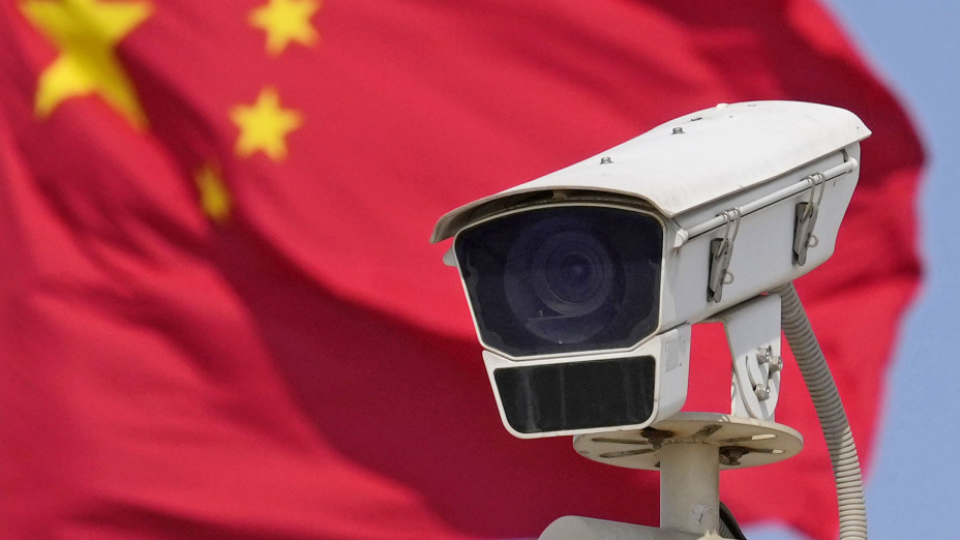- China implemented new regulations on Monday under its toughened counterespionage law, which enables authorities to inspect smartphones, personal computers and other electronic devices, raising fears among expatriates and foreign businesspeople about possible arbitrary enforcement.
- A Japanese travel agency official said the new regulations could further prevent tourists from coming to China. Some Japanese companies have told their employees not to bring smartphones from Japan when they make business trips to the neighboring country, according to officials from the companies.
The new rules, which came into effect one year after the revised anti-espionage law expanded the definition of espionage activities, empower Chinese national security authorities to inspect data, including emails, pictures, and videos stored on electronic devices.
Such inspections can be conducted without warrants in emergencies. If officers are unable to examine electronic devices on-site, they are authorized to have those items brought to designated places, according to the regulations.
It remains unclear what qualifies as emergencies under the new rules. Foreign individuals and businesses are now expected to face increased surveillance by Chinese authorities as a result of these regulations.
A 33-year-old British teacher told Kyodo News at a Beijing airport Monday that she refrains from using smartphones for communications. A Japanese man in his 40s who visited the Chinese capital for a business trip said he will “try to avoid attracting attention” from security authorities in the country.
In June, China’s State Security Ministry said the new regulations will target “individuals and organizations related to spy groups,” and ordinary passengers will not have their smartphones inspected at airports. However, a diplomatic source in Beijing noted that authorities’ explanations have not sufficiently clarified what qualifies as spying activities.
Last week, Taiwan’s Mainland Affairs Council upgraded its travel warning for mainland China, advising against unnecessary trips due to Beijing’s recent tightening of regulations aimed at safeguarding national security.
In May, China implemented a revised law on safeguarding state secrets, which includes measures to enhance the management of secrets at military facilities.



ha good one. snowden would love a word with you on that one.
You can’t compare that to China by any means. I know that American democracy is incredibly flawed (e.g. 2-party system, electoral college, etc.), but China is a straight-up dictatorship, and downplaying it doesn’t fix any of the issues that exist in the US.
is this the whataboutism i hear about? can a country with gerrymandering and the electoral college (where most of the population hates its leaders regardless of party affiliation) be considered anything other than a dictatorship?
where people get kicked out of hospitals for not being able to afford it, teenagers are allowed (and sometimes coerced by circumstances) to work gruesome jobs and the schools teach religious slop as part of the law?
the OP article talks about something the US has been doing to the entire planet since the early 2000s with the patriot act, my dude…
Ok so the initial post was about China, then some commenter compared it to the US, but now talking about China is somehow “whataboutism”. Lemmy.ml people really have their own kind of logic.
ok, china bad then.